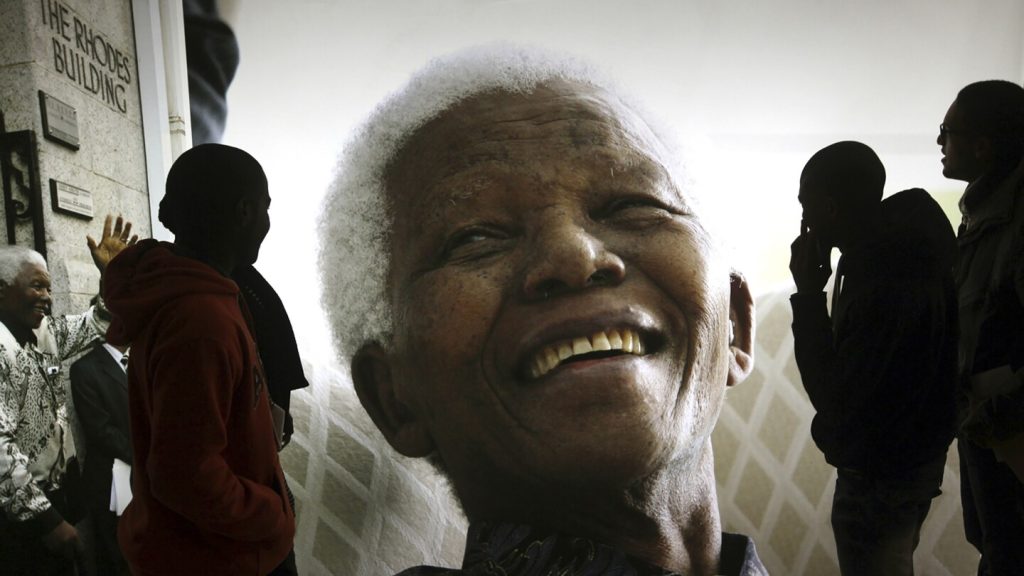The African National Congress (ANC) in South Africa, once revered for its role in ending apartheid and promoting democracy, is facing widespread dissatisfaction ahead of the upcoming national election. The party, which has been in power since the end of apartheid in 1994, is now perceived as corrupt and ineffective. Despite initial success in improving living standards, South Africa still faces high unemployment, inequality, poverty, and a lack of basic government services. Many South Africans feel that the ANC has failed to deliver on its promises to uplift the Black majority.
Corruption has been a major issue within the ANC, with numerous officials implicated in scandals involving bribery and embezzlement. Former President Jacob Zuma faced allegations of allowing widespread corruption during his tenure, leading to his resignation in 2018. President Cyril Ramaphosa, who succeeded Zuma, also faced criticism for his involvement in corruption scandals. The culture of graft within the ANC has eroded the party’s reputation and undermined its ability to govern effectively.
Infighting within the ANC has further destabilized the party, with internal divisions hindering its ability to address South Africa’s challenges. The party has been plagued by power struggles since Nelson Mandela stepped down as president in 1999, leading to a lack of cohesion and a loss of public trust. The ANC’s declining popularity, especially among younger South Africans who did not experience apartheid, is expected to impact the outcome of the upcoming election.
The upcoming national election in South Africa is predicted to be a significant moment for the country’s democracy, as the ANC faces the possibility of losing its parliamentary majority for the first time. Recent polls suggest that the ANC’s support has dropped below 50%, indicating a potential shift in the country’s political landscape. If the ANC loses its majority, it would need to form a coalition government, marking a significant departure from its previous dominance in South African politics.
The ANC’s decline from a symbol of liberation to a deeply divided and tarnished political entity reflects broader challenges facing South Africa in the post-apartheid era. The party’s failure to address corruption, inequality, and a lack of basic services has eroded public trust and support. The upcoming election will test the ANC’s resilience and its ability to adapt to a changing political landscape, with the outcome likely to shape the country’s future trajectory. As South Africa grapples with the legacy of apartheid and the challenges of the present, the ANC’s role in shaping the nation’s destiny hangs in the balance.


